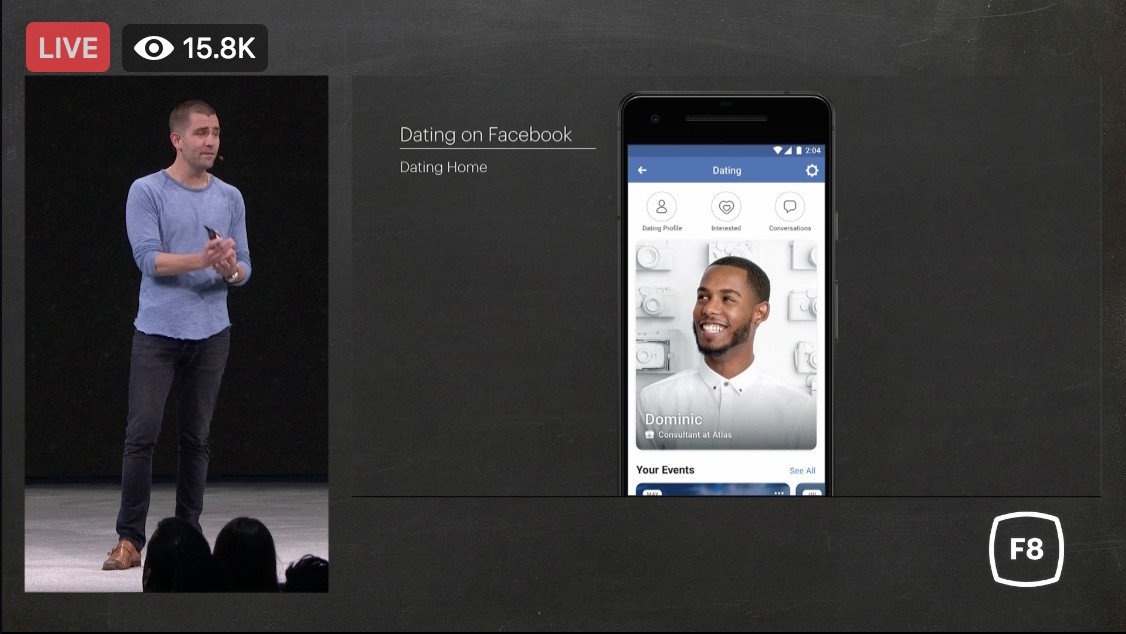Call (800) 261-7282

A 2012 research published into the Journal of Sexual Medicine discovered that individuals in polyamorous relationships had been very likely to exercise safe intercourse than people who cheat in monogamous relationships. The analysis indicated that monogamous people usually consider monogamy a secure intercourse practice in as well as it self, therefore “sexually unfaithful people may reject safer sex strategies due to the existence of a reliable relationship.”
Kincaid states that she works together customers to fill down a questionnaire in what intimate functions they’d be more comfortable with them doing along with other lovers to ensure they’re for a passing fancy web web web page. Amy Moors, an assistant teacher of therapy at Chapman University whom carried out the 2012 research with Conley, claims consensually non-monogamous partners frequently make explicit agreements with lovers to make use of condoms and obtain information regarding STI history with every partner that is new.
“They need to navigate the sexual wellness of the bunch of men and women,” Moors says. “Implicit for the reason that is there’s extremely conversations that are clear intimate wellness which are taking place in consensual non-monogamous relationships that could never be occurring in monogamous relationships.”
But in monogamous relationships, partners usually “stop utilizing condoms being a covert message of closeness: now, we’re really dating,” Moors says. However, if a monogamous specific chooses to cheat to their partner, there’s no guarantee she or he will exercise safe intercourse.
It might seem that having numerous intimate lovers would elicit more jealousy than being in a monogamous relationship. But based on a a 2017 research posted in views on Psychological Science, that’s definitely not the outcome.
The research, which surveyed 1,507 individuals in monogamous relationships and 617 people in consensual non-monogamous relationships, discovered that people in consensual non-monogamous relationships, including those that involved in polyamory and moving, scored reduced on envy and greater on trust compared to those in monogamous relationships.
“People in monogamous relationships had been actually from the maps on top of jealousy. These were prone to always check their lovers’ phones, proceed through their email messages, their handbags,” Moors claims. “But people in consensual relationships that are non-monogamous suprisingly low with this.”
Davila, who additionally works as a partners specialist, says that she’s observed couples that are monogamous handling envy entirely, whereas consensual non-monogamous partners could be more vocal using their emotions. “In consensual relationships that are non-monogamous envy is expected,” Davila claims. “But they see just what emotions arise and actively work to navigate them in a proactive method.”

Another area where couples that are polyamorous to excel, based on Kincaid, is permitting their partners to steadfastly keep up a feeling of independency away from their relationship. Conley and Moors present in their 2017 study that monogamous partners are more inclined to lose their very own requirements with regard to their relationship, while polyamorous partners place their very own individual satisfaction first.
“The biggest thing that I appreciate about poly individuals is the fact that they give attention to once you understand just what their demands are and obtain their requirements came across in imaginative means — relying more about buddies or multiple lovers as opposed to placing all of it on a single person,” Kincaid claims. “Once monogamists enter into a relationship, they tend to appreciate their intimate partner above everybody else.”
She implies that doing the previous permits your relationships to be deeper and may ensure you get much more support from your own ones that are loved.
Karney claims which he may possibly also observe how having your requirements met  by other people might strengthen consensual non-monogamous relationships.
by other people might strengthen consensual non-monogamous relationships.
“If we’re a married monogamous couple, we must determine what to complete about our dilemmas. We’re either planning to prevent them, resolve them or split up,” Karney says. “But if I’m in a non-monogamous relationship and I also have a similar issue, i may not need to solve it from you. if i’m not receiving all my needs met”
